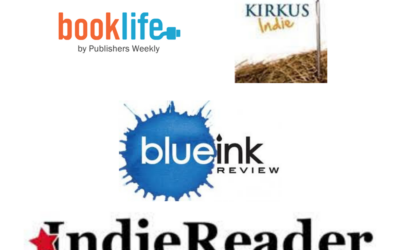Big news hit the Internet last week when blogging pioneer Andrew Sullivan of The Dish announced his retirement. In a post for the New York Times, Sullivan stated a desire to return to writing in a “different form”, apparently through essays in which he intends to explore fuller expression of his ideas.
With the advent of social media, what is blogging becoming today? What is its role? Is there a way for blogging to bring balance to our instantaneous world where updates are tweeted every few seconds in 140 characters or less? Is blogging now like NPR is to network TV news?
Reaching Your Audience
When preparing to launch a book, it is important to consider the channels used to connect to an audience. In his social media trends piece last week, Paxton Kelly referred to content marketing, aka blogging, as a means for a writer to be discovered. Blogging is an immediate and effective method to convey information. According to a timeline put together by New York Magazine, blogging first began in 1994 – not too long after the internet was born, but much ahead of the social media curve. Since the day the first post uploaded to WordPress, much has changed in the way blogs are received.
Social Media Examiner’s Social Media Marketing Industry Report noted that blogging decreased in popularity ten percent in 2014. However, professional marketers still turn to blogging greater than 50 percent of the time as a way to spread the word about their businesses, and self-employed marketers turn to blogging 62 percent of the time.
Blogging Effectively
Your blog is like a public portfolio, so you want to keep it updated with your best and most recent work. Not only does blogging deliver Google page rank and search engine optimization (SEO), it also gives your voice a different way to be heard. Your book brings readers to your blog and your blog subscribers keep you connected with your readers.
Posting once or twice a week with your keywords keeps Google trained to find you, even if your page rank is already high. Frequent posting preserves your connection to your readers and provides them with a sense that they know you.
While it is beneficial to be active on multiple social platforms (Facebook, Twitter, Google+, YouTube, Pinterest, GoodReads & LinkedIn), taking the time to blog and perhaps tie your book to current events, will bring you higher reach. As Washington Post blogger Chris Cillizza wrote in a recent article, “As long as people want to read smart and shareable analysis on issues…, I think blogging … will be just fine.”
First published on San Francisco Book Review, After the Manuscript, Feb. 7, 2015.







0 Comments